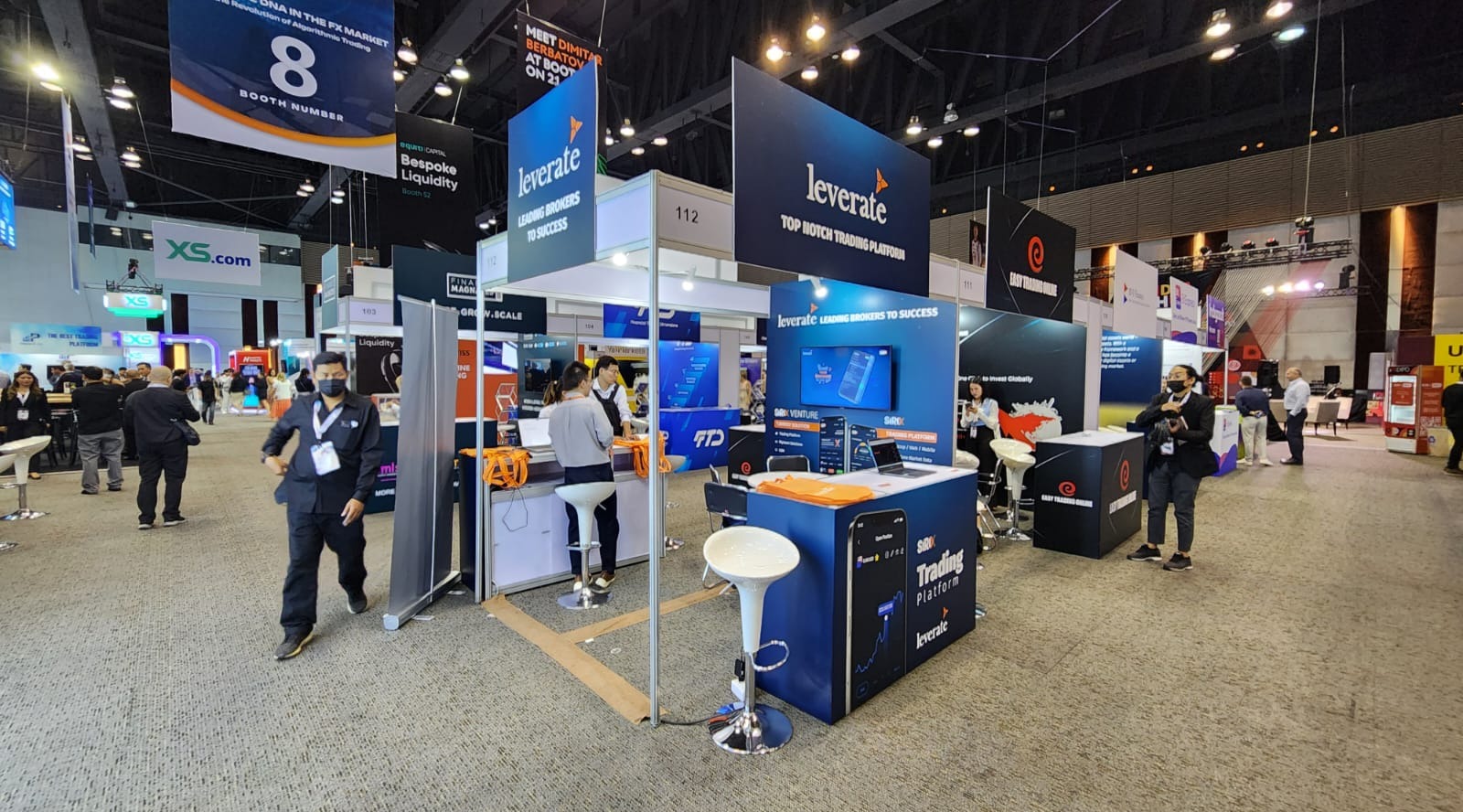In the latest update to the warning list from Belgium's financial markets regulator, nearly 40 new potentially fraudulent entities have been added. This mix includes websites offering FX/CFD trading, cryptocurrencies , and investment bots, and notably features clones of two prominent brands: banking giant BNP Paribas and publicly listed broker CMC Markets.
FSMA Warns against BNP Paribas and CMC Markets Clones
In Belgium, the Financial Services and Markets Authority (FSMA) manages financial market oversight. It is one of the most active European regulators, frequently alerting local investors about potentially dangerous and fraudulent trading platforms.
The latest list includes 37 entries, including BNP Groups operating through bnpgroups.co.uk and CMCapitals (cmcapitals.com), both flagged as clones. It's evident from the names and website designs that their creators are attempting to impersonate the French bank BNP Paribas and the British FX/CFD firm CMC Markets.
"The FSMA strongly advises against responding to any offers made by these trading platforms," FSMA commented in their warning.
This is not the first time FSMA has warned against attempts to clone major banking entities, a dangerous trend observed since at least October of the previous year.
Be Particularly Wary of These 5 Platforms
Beyond listing many potentially suspicious companies and sites, FSMA has specifically highlighted five because "the following websites were putting consumers in touch with fraudulent trading platforms."
These include:
- Algo Education,
- Bitcode Method,
- Immediate Peak,
- Immediate Intal,
- Immediate Vortex.
In one of the most recent updates from the Belgian market watchdog, attention was also drawn to the dubious practices of prop trading firms. FSMA suggested that behind the promise of high returns is also a high barrier to entry, requiring payment for online courses and an initial deposit.
The last major update occurred in February when FSMA added 17 potentially dangerous investment platforms.
What Are Clones?
An FX/CFD market clone company is a fraudulent entity that impersonates a legitimate, regulated broker to scam investors. These clone firms employ tactics such as:
- using a name, website, and contact details similar to the authorized firm they are mimicking,
- claiming to have the same regulatory license number as the genuine broker,
- cold calling or contacting potential victims unexpectedly,
- often promising high returns,
- promoting high-risk, complex trading products without fully explaining the risks.
Typically, the clone's website will feature a phone number and email different from the real company, connecting victims directly to the fraudsters.


















